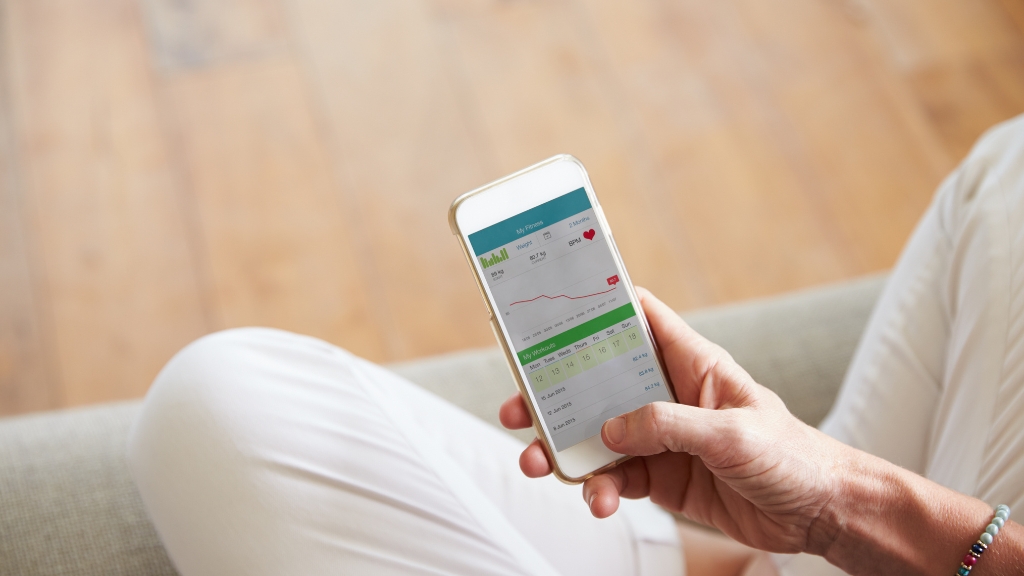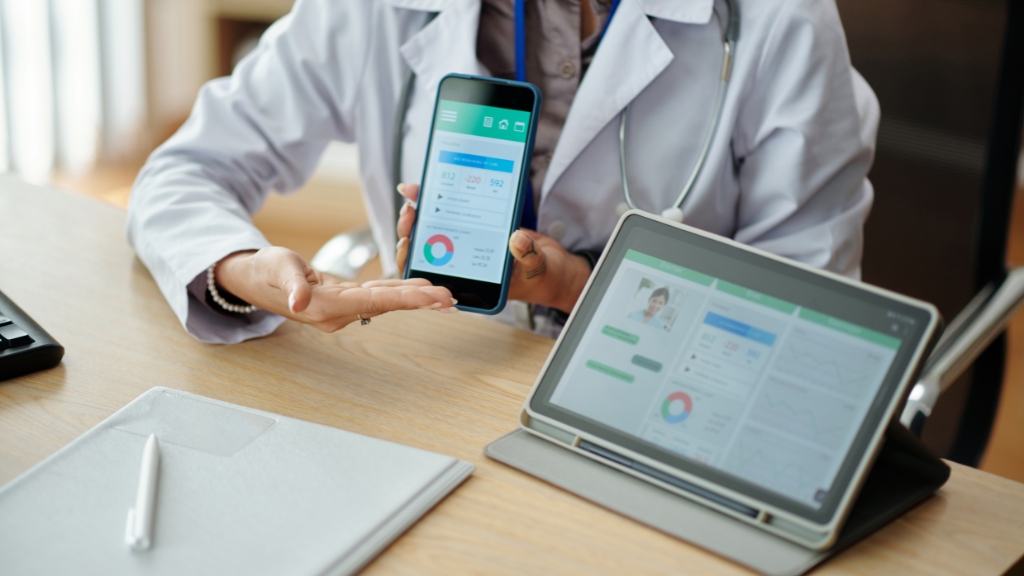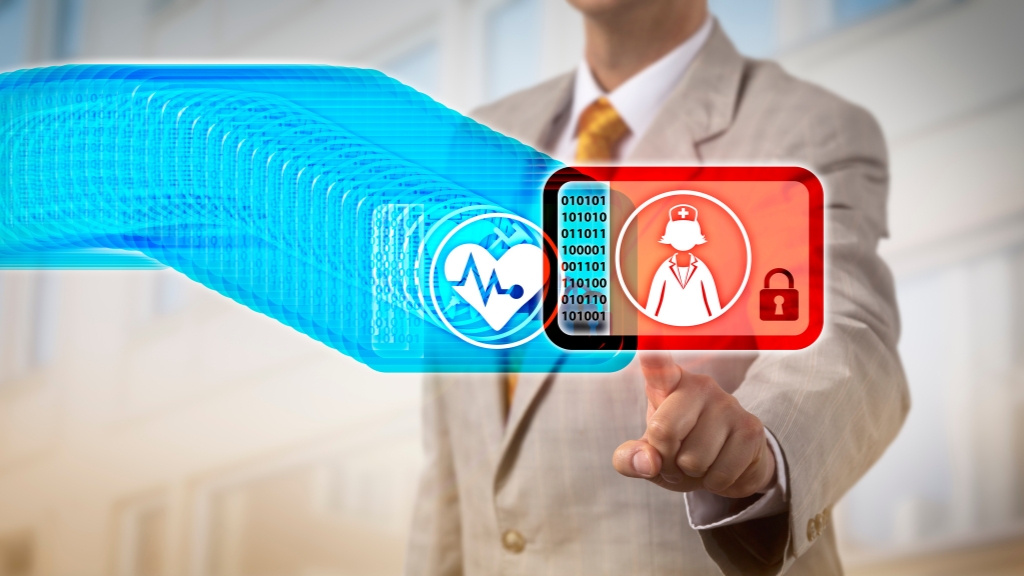
How Healthcare Apps Can Help Track and Manage Medications
Healthcare apps are increasingly pivotal in helping users track and manage their medications, making it easier to adhere to prescribed treatment plans and improving overall health outcomes. Here’s how these apps can assist in medication management:
- Medication Reminders and Alerts
One of the most common features of healthcare apps is medication reminders. These apps can send push notifications or Text alerts to remind users when to take their medication, helping prevent missed doses. For instance, apps like Medisafe and MyTherapy allow users to set up personalized schedules for each medication, including dosage information, frequency, and specific instructions. This ensures that users take their medicines on time, which is especially important for managing chronic conditions like diabetes, hypertension, or asthma.
- Medication Tracking
Healthcare apps can track when users take their medication, helping patients and healthcare providers monitor adherence. This is crucial for managing chronic diseases or multi-medication regimens where proper timing and dosage are critical. Apps like Medisafe provide a visual history of past doses so users can easily see if they’ve missed any medications. These features help users keep track of their regimen and ensure they are not doubling up on doses or missing essential medications.
- Drug Interaction Alerts
Some healthcare apps also offer drug interaction checkers. When users enter their medication details into the app, it can check for potential drug interactions. For example, apps like Drugs.com or Medscape have databases that alert users to harmful interactions between prescription medications, over-the-counter medicines, and even herbal supplements. This feature helps reduce the risks of taking conflicting drugs that could lead to adverse side effects or decreased effectiveness.
- Integration with Healthcare Providers
Certain healthcare apps provide a platform for users to share medication data directly with their healthcare providers. Apps like Health Mate, which syncs with various health tracking devices, can send medication adherence reports to doctors. This allows healthcare providers to track how well patients follow their medication schedules and intervene if necessary. For patients, this integration streamlines communication with their medical team and ensures that any adjustments to treatment are made promptly.
- Customizable Medication Profiles
Healthcare apps allow users who take multiple medications to create detailed medication profiles. These profiles can include the medication’s name, purpose, dosage instructions, and reason for taking it. This can be particularly helpful for older adults or those with complex treatment regimens. Apps such as CareClinic allow users to maintain detailed profiles of their medications, making it easier to organize their treatment schedule and track the success of each medication.
- Refill Reminders
Some healthcare apps also include features to remind users when it’s time to refill their prescriptions. This helps avoid running out of medication and ensures users can continue their treatment without interruptions. For instance, apps like MyMeds offer automatic refill reminders and can even assist with ordering medications directly from pharmacies.
- Health Data Insights
Beyond just tracking medications, healthcare apps also track various health metrics such as weight, blood pressure, glucose levels, and more, which are often essential for users on certain medications. Healthcare providers can use this comprehensive data to assess the effectiveness of the prescribed drugs. For example, for patients taking blood pressure or diabetes medication, apps like Apple Health and Google Fit integrate with medical devices to provide detailed health data to inform treatment decisions.
- Medication History and Reports
Healthcare apps help maintain a record of all the medications a user has taken over time. These reports can be shared with healthcare providers during visits, allowing doctors to see a patient’s medication history. This feature helps doctors make more informed decisions when prescribing new medications or adjusting treatment plans. It also reduces the risk of adverse events due to missing or incorrect information about previous medicines.
- Support for Chronic Condition Management
Medication adherence is critical for individuals with chronic conditions such as diabetes, hypertension, or mental health issues. Healthcare apps can significantly manage these conditions by ensuring that medications are taken as prescribed. By combining medication reminders with lifestyle and health data tracking, apps can help users better manage their conditions. Apps such as BlueStar for diabetes management integrate medication tracking with real-time blood sugar monitoring, offering a complete solution for chronic condition management.
Conclusion
Healthcare apps are becoming critical tools for medication management. They offer personalized reminders, tracking features, and alerts to ensure that patients stay on track with their treatment plans. With the added benefits of drug interaction checking, refill reminders, and integration with healthcare providers, these apps help improve medication adherence, reduce the risk of errors, and ultimately enhance patient outcomes.
By incorporating these tools into daily life, patients can better manage their health, improve their quality of life, and feel more empowered in their care. As these apps evolve, they will significantly make healthcare more accessible and manageable for individuals worldwide.
Leave a Reply
- AI in Diagnostics: Revolutionizing Early Detection and Accuracy
- How AI and Advanced Analytics Are Transforming Healthcare Outcomes
- Investing with Confidence: The Role of ROI Calculators
- How ROI Calculators Drive Data-Driven Business Strategies
- The Ultimate Guide to ROI Calculators for Business Success
- Making Sense of ROI Calculators: A Comprehensive Guide
- June 2025 (1)
- May 2025 (1)
- October 2024 (2)
- September 2024 (31)
- August 2024 (31)
- July 2024 (27)
- June 2024 (28)
- May 2024 (30)
- April 2024 (33)
- March 2024 (23)
- February 2024 (29)
- January 2024 (3)
- December 2023 (47)
- November 2023 (36)
- October 2023 (23)
- September 2023 (2)
- June 2023 (2)
- May 2023 (13)
- April 2023 (1)




